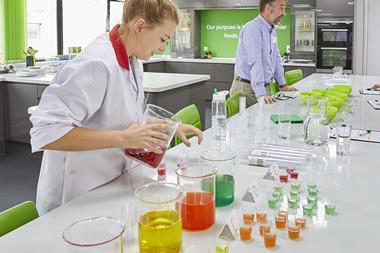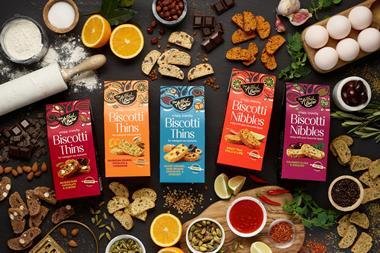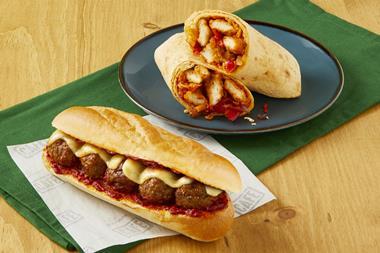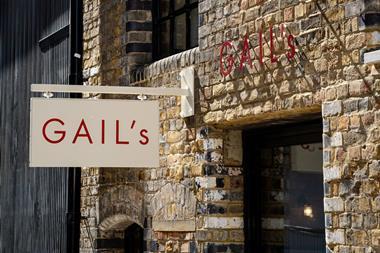The price of crude oil has been on the rise all year. And all year the result has been increasing diesel and petrol prices for bakery distributors.
This has meant higher transport costs for essential journeys. Raw materials in and finished products out - everything needs to be delivered and the price of fuel constitutes an ever larger percentage of those delivery costs.
Which is why the chancellor’s increase in fuel duty of 2p per litre from 1 October was particularly unwelcome. It’s bad enough having to put up with increased costs from higher world oil prices, which the UK can’t do much about, without the government taking an increased slice at a time when it was already enjoying a windfall from higher crude prices.
Sadly, industry is always going to get the rough end of fuel taxes when they are charged in the same way for private cars as for commercial vehicles. The chancellor may want to pick the car driver’s pocket, but such is the system that he increases industry costs at the same time. Collateral damage.
Ten years ago the Freight Transport Association made a number of suggestions for ways in which the two could be separated. Ten years later they still haven’t been implemented. Once again the hotheads are calling for protest actions. That would be very unwelcome. But the government could tackle the problem with a scheme that cuts fuel duty rates for industry, but not for car drivers. It’s not rocket science.



































No comments yet